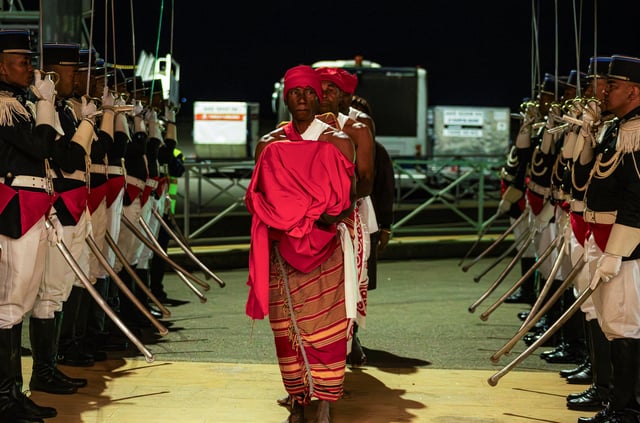Overview
- A state ceremony in Antananarivo received the skulls at the Mausoleum of Antananarivo, with President Andry Rajoelina in attendance.
- A joint France–Madagascar scientific committee authenticated the remains as Sakalava and said the royal attribution to King Toera is presumed.
- The skulls arrived late Monday and are being taken by road to Ambiky and then to Belo Tsiribihina for an expected burial later this week.
- The remains had been kept in Paris's national museum after being taken during late 19th‑century French colonial repression.
- Descendants and historians say the return enables the Sakalava Fitampoha purification ritual and holds significant cultural and political meaning.



